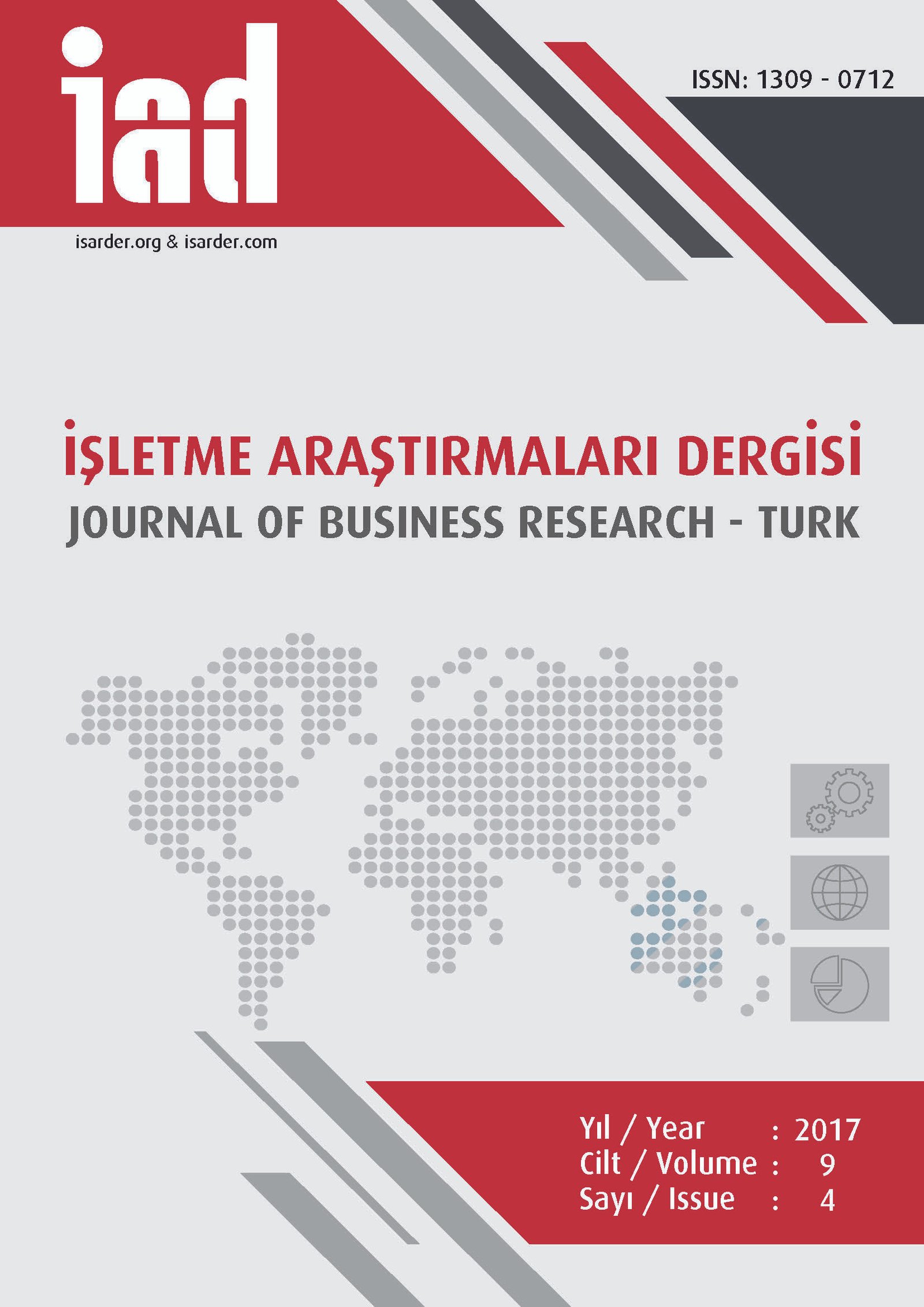Precarious Work in Turkey: A Comparison with EU Member Countries
Anahtar Kelimeler:
precariousness- job security- autonomyÖzet
Precarious work is known for its deleterious effects on workers and it is on the rise especially in developing economies. The purpose of this study is to examine the precarious employment indicators of Turkey in comparison with EU member countries. Using the data from the 5th European Working Conditions Survey; this study uses the type of contracts, income, job insecurity, employability, health and safety risks, autonomy, participation and working hours as indicators of precarious employment and compares figures from a candidate country to the European Union member countries. Results indicate that Turkey ranks low relative to EU members in most dimensions of precariousness, especially in employment contracts and weekly working hours.
İndir
Yayınlanmış
Nasıl Atıf Yapılır
Sayı
Bölüm
Lisans

Bu çalışma Creative Commons Attribution-NoDerivatives 4.0 International License ile lisanslanmıştır.





